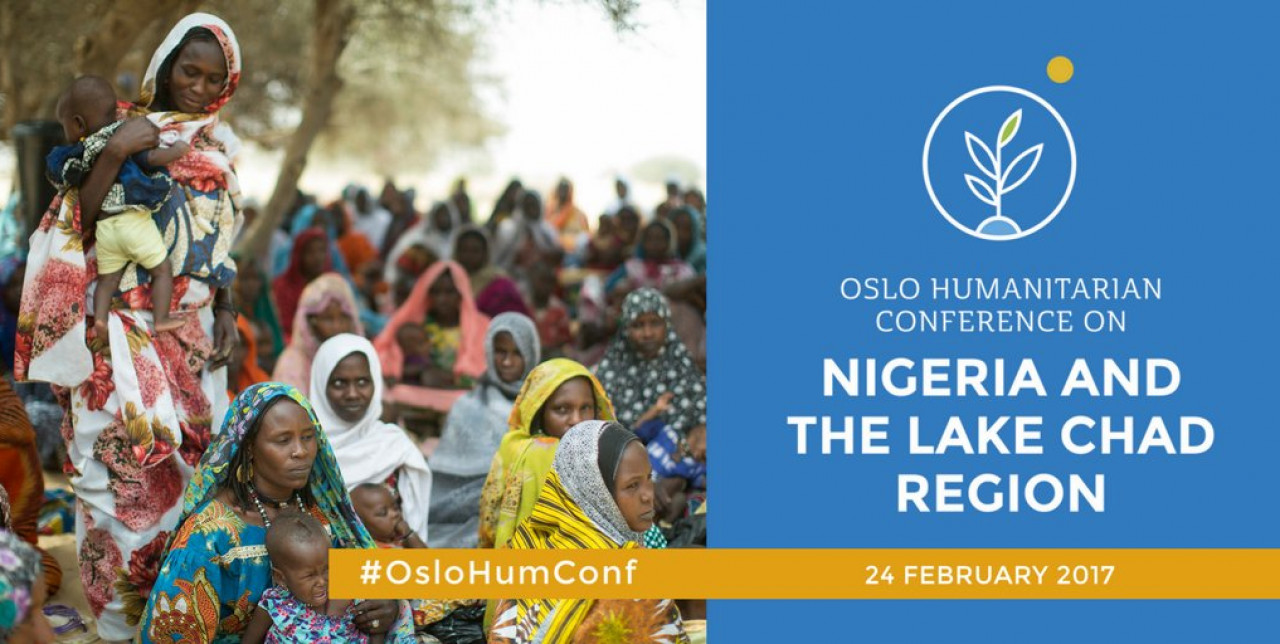21-02-2017 | di COOPI
Seven Steps to Saving Lives and Assisting People in Nigeria and Lake Chad Basin
A violent eight-year conflict originating in Nigeria has intensified in the last four years and spread across borders into Niger, Chad and Cameroon, resulting in Africa's biggest humanitarian and protection crisis. Across the Lake Chad Basin, 17 million people are affected by the conflict, and over 2.6 million - of which 1.5 million are children - have fled their homes in search of safety and protection. Hunger and malnutrition remain at critical levels with 7.1 million people severely food insecure - 5.1 million of them in Nigeria alone. In Borno State in northeast Nigeria, at least 400,000 people could currently be experiencing famine-like conditions.
Urgent to meet needs
Collectively governments, UN, NGOs and donors have been slow to acknowledge the scale of the crisis, shift gear from development to humanitarian mode to meet needs at scale, effectively mobilize resources, and gain access to those trapped by conflict. Military and political objectives in the fight against Boko Haram have trumped humanitarian concerns. However, a large humanitarian operation is now under way. The number of deaths and rates of acute malnutrition have been reduced in some areas where access has been possible in Nigeria, while in Niger the humanitarian response remains patchy, in Cameroon the food insecurity remains alarmingly high and Chad remains the forgotten crisis amidst a forgotten crisis.
Building a collective response
On the 23rd and 24th of February 2017 the international community will convene in Oslo, Norway to discuss how to address the humanitarian crisis in North East Nigeria and the Lake Chad Basin. As concerned non-governmental organisation COOPI highly welcome this initiative. The Oslo donor conference is a welcome chance to raise the profile of the crisis, address the urgent humanitarian needs, raise more money from a wider set of donors, and come up with a concrete set of recommendations and proposals to strengthen the collective response to the crisis and the long-term needs in the region.
NGOs roadmap
Below are seven steps needed to save more lives and assist people in Nigeria and Lake Chad Basin.
Step 1: Put Protection of Civilians at the Centre of Response
Step 2: Scale-up the Food and Nutrition Response in Nigeria and the Region
Step 3: Increase Access to More, Better and Safe Quality Education
Step 4: Safeguard Humanitarian Space: Safe Movement to Reach more People in Need
Step 5: Strengthen Leadership of the Response and Improve Humanitarian Coordination
Step 6: Ensure All Returns are Safe, Voluntary and Dignified
Step 7: Build Resilience and Increase Local Capacity
To read the complete text of the statement, follow the link: >>
This statement is until now endorsed by the following NGOs: Action Aid Nigeria; Action Against Hunger; CAFOD; Christian Aid; COOPI - Cooperazione Internazionale; eHealth Africa; GAIN; International Rescue Committee; Medecins Du Monde; Mercy Corps; Norwegian Refugee Council; OXFAM; Plan International; Save the Children; Search for Common Ground; SIF - Secours Islamique France; ZOA.
COOPI's 26 projects underway in lake Chad basin region provide shelter refuges, food and water, psychological support and education to 10.000 vulnerable children and their families.




 Chad
Chad
